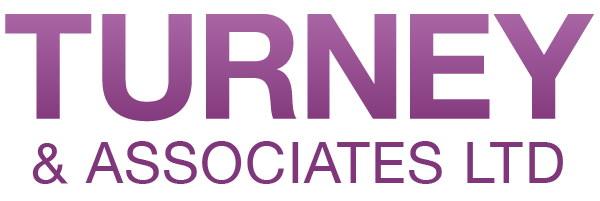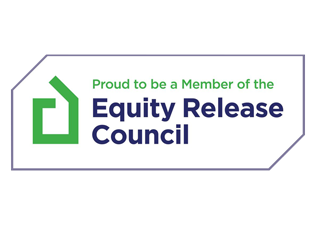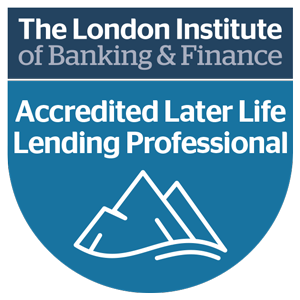One way to pay off your mortgage in retirement is to capitalise on the equity of your home, rather than just watch it build up on paper.
Many people are now expecting to retire in debt, as we are buying homes later in life and building up years of credit card or student loan debt. For those on the cusp of retirement, low interest rates, under-performing pension funds and the rising cost of living make for financial challenges and leave people wondering how to pay off their mortgages.
How to pay off your mortgage with equity release
With property values having risen over the long-term, equity release can give older homeowners the chance to cash in on the value of their home.
Steve Wilkie, managing director of equity release specialist Responsible Life, says “With a long-term increase in property values, the home has become many people’s most valuable financial asset. Equity release is giving these people the chance to capitalise on their equity, rather than seeing it build up on paper.”
Interest rates continue to be historically low. This has resulted in under-performing pensions and savings. Freeing up cash by borrowing against the equity in your home as a way to pay off your mortgage is becoming an increasingly popular way for homeowners aged 55 and over to boost their retirement income.
Three tips for how to pay off a mortgage with equity release
Mr Wilkie advises to consider the following:
You must be able to pay off any current mortgage or debt secured against the property by completion – either with the proceeds of the lifetime mortgage or other savings you may have. With a lifetime mortgage there are no required monthly repayments, but some plans do allow you to make regular repayments to mitigate the build-up of interest and the size of the loan.
Get expert advice and think carefully before securing other debts against your home – by consolidating your debts into a mortgage, you may be required to pay more over the entire term than you would with your existing debt.
Why do people use equity release?
Older homeowners may have a significant amount of equity in their property, which they could access to pay off debts. They may also be able to use the funds to top up their pensions, fund large payments and give themselves a higher standard of living in retirement. All of this without the drain of required monthly repayments.
Last year 38.3% of Responsible Life customers who have released equity said that paying off their mortgage or debt was the main reason for doing so.
People choose to release equity for a great variety of reasons and have used it to fund holidays, cruises, home improvements and family events. But, in using it to clear an existing mortgage, homeowners over 55 can free their budget from the drain of monthly repayments and instead fund their retirement.
Mr Wilkie also adds “Years of rising house prices and mortgage repayments have helped UK homeowners build up equity in their homes – wealth that could be used to free themselves from the drain of monthly repayments. They use the proceeds from a lifetime mortgage to repay their existing mortgage, all in one transaction.”
How many types of equity release are there?
There are two main types of equity release schemes: lifetime mortgages and home reversion plans. It’s always worth noting that releasing some of the equity from your property may reduce the value of your estate in time and could also affect your entitlement to means-tested benefits.
Lifetime mortgages – minimum age 55
With a lifetime mortgage you take out a long-term loan against your home and interest is charged on what you have borrowed. It is often covered by the sale of the home, after the last deed-holder has passed away or moved into long-term care.
Most lifetime mortgages can have fixed interest rates for life, or if not, they usually have a fixed cap. There is also a no-negative-equity guarantee, which ensures that, even if house prices fall, you would never owe more than the value of your property. This has the added benefit of protecting your heirs from inheriting any lifetime mortgage debt.
Home reversion plans – minimum age 65
With a home reversion plan, you sell all or part of your home and receive a lump sum or regular payments. You continue to live there, usually rent free. However, the amount that you receive might be less than the full market value, as the buyer is unable to collect a return on the investment until you pass away or move into long-term care.
[Source: telegraph.co.uk/financial-services, 9 April 2020]
Is equity release the right option for you – want to know more? Get in touch!
Image by Claudia Peters from Pixabay







